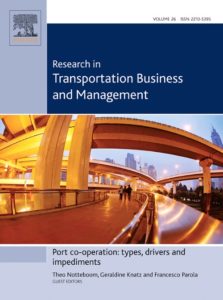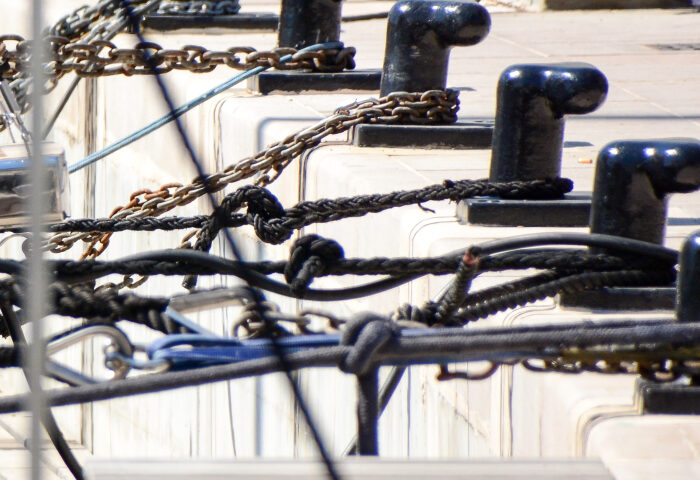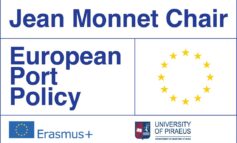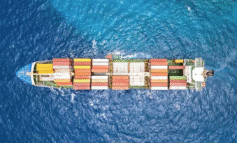 The port industry has witnessed a multiplication of port co-operation and integration schemes in recent years partly driven by governance reforms, public policy, political forces and market pressures. PortEconomics members Theo Notteboom, Francesco Parola and Geraldine Knatz co-edit a themed volume in the academic journal Research in Transportation Management and Business, including some major contributions on port co-operation.
The port industry has witnessed a multiplication of port co-operation and integration schemes in recent years partly driven by governance reforms, public policy, political forces and market pressures. PortEconomics members Theo Notteboom, Francesco Parola and Geraldine Knatz co-edit a themed volume in the academic journal Research in Transportation Management and Business, including some major contributions on port co-operation.
The edited volume contains a guest editorial and 13 full papers specifically focusing on port co-operation schemes, strategies and policies, with a specific emphasis on managing bodies of ports or port authorities as a unit of analysis:
- Port co-operation: types, drivers and impediments, Theo Notteboom, Geraldine Knatz, Francesco Parola
- Planning and concession management under port co-operation schemes: A multiple case study of Italian port mergers, Marco Ferretti, Francesco Parola, Marcello Risitano, Iolanda Vitiello
- PNW Seaport Alliance: Stakeholder’s benefits of port cooperation, Tay Yoshitani
Analysis of the case of port co-operation and integration in Liaoning (China), Shanhua Wu, Zhongzhen Yang - Port mergers: Why not Los Angeles and Long Beach?, Geraldine Knatz
- Being left at the altar: A content analysis of the Ports of Houston and Galveston merger case that never happened, Cassia Bomer Galvao, Amir Gharehgozli, Joan Mileski
- Realities and challenges of port alliance in Japan – Ports of Kobe and Osaka, Satoshi Inoue
- Port governance and cooperation: The case of Japan, Masato Shinohara, Takehiko Saika
- Recent development of Chinese port cooperation strategies, Weiwei Huo, Wei Zhang, Peggy Shu-Ling Chen
- A game theoretical approach to the effects of port objective orientation and service differentiation on port authorities’ willingness to cooperate, Han Cui, Theo Notteboom
- Competition and cooperation for intermodal container transhipment: A network optimization approach, Ziaul Haque Munim, Hercules Haralambides
- Competition vs. cooperation between neighbouring ports: A case study in Chile, Lourdes Trujillo, Javier Campos, Ivone Perez
- Port cooperation in the North Adriatic ports, Kristijan Stamatovic, Peter de Langen, Ales Groznik
- Trucking regulation as a critical chain asset in port complexes, Peter Hall, Thomas O’Brien
Next to theoretical/ conceptual contributions, the volume contains a range of papers dealing with successful and failed port co-operation schemes and plans from around the world. By accessing RTBM Volume 22 webpage you might download all port studies for free.












